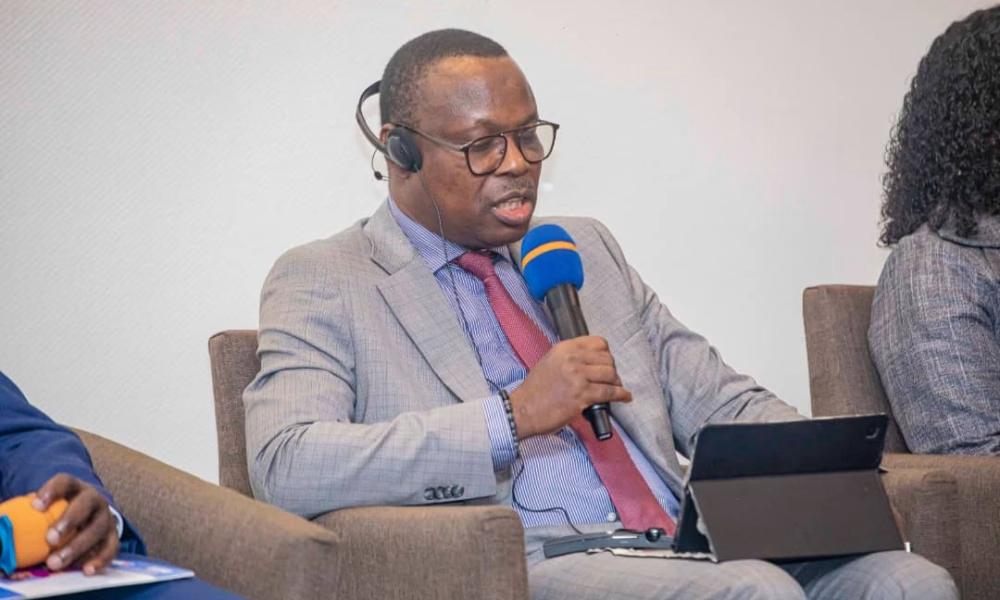News
Nigeria Labeled ‘World Capital of Skin Bleaching,’ Minister Raises Alarm

The Minister of State for Health and Social Welfare, Dr. Iziaq Salako, has expressed concern over the alarming prevalence of skin-lightening product usage in Nigeria and across Africa. Speaking at a workshop on the elimination of lightening cosmetics in Gabon, Salako lamented Nigeria’s reputation as “the world capital of skin bleaching,” citing the World Health Organization’s estimate that 77% of Nigerian women use such products—the highest rate globally.
Salako highlighted the harmful effects of skin-bleaching products, which include creams, ointments, soaps, pills, and injections containing dangerous substances like mercury, hydroquinone, steroids, and heavy metals. These substances pose significant health risks, such as skin damage, organ toxicity, and cancer. He noted that despite the well-documented dangers, societal and cultural pressures continue to drive the trend, with many believing lighter skin tones are synonymous with beauty and social acceptance.
The minister emphasized that the issue is not limited to women, as men also use these products or pressure women into lightening their skin. Studies show high awareness of skin bleaching in Nigeria, with some surveys indicating a prevalence rate of over 60% among university students and societal acceptance of terms like “toning,” which many wrongly believe to be less harmful.
Read Also: Communities Demand Fair Compensation for Losses in Kano-Niger Rail Project
To combat the trend, Salako outlined measures taken by the Federal Government, including the 2019 Cosmetic Products (Prohibition of Bleaching Agents) Regulations, which ban harmful agents like mercury and restrict hydroquinone concentration to 2%. He added that the National Agency for Food and Drug Administration and Control (NAFDAC) ensures all cosmetic products in Nigeria are registered, tested, and certified to meet safety standards. Unregistered and counterfeit products are actively seized and destroyed, while routine inspections and online monitoring aim to eliminate hazardous products from circulation.
The government has also intensified public health campaigns, grassroots sensitization programs, and community-based advocacy to educate Nigerians on the risks of using unsafe cosmetics. The MedSafety app has been introduced to allow for easier reporting of adverse reactions to cosmetic products, and a guideline on cosmetic safety assessment is being developed to align with international standards.
Salako stressed the importance of addressing the root causes of skin-lightening practices by challenging societal norms and promoting healthier attitudes toward beauty. He called for stricter enforcement of regulations, increased awareness campaigns, and collaborative efforts to reduce the use of unsafe cosmetics and protect public health in Nigeria and Africa at large.